barbed wire
Barbed wire remains a versatile, economical solution for agriculture, security, and property protection. By selecting the right material, gauge, and spacing, users can tailor it to their specific needs, balancing durability, cost, and effectiveness. Its simplicity and adaptability ensure continued relevance in modern fencing systems.
- Product Details
- Technical Specification
1. Key Components
Wire Strands: Typically made of galvanized steel, stainless steel, or polymer-coated steel for durability.
Barbs: Sharp projections (usually 2- or 4-pointed) spaced regularly to deter crossing.
Twist Pattern: Wires are twisted together to hold barbs in place and add structural strength.
2. Common Materials
Galvanized Steel: Zinc-coated to resist rust; classified as Class 1 (light), 2 (medium), or 3 (heavy-duty).
Stainless Steel: Used in corrosive environments (e.g., coastal regions).
PVC-Coated Steel: Adds weather resistance and color options (e.g., green, black).
3. Specifications
Gauge (Thickness):
12.5 Gauge (2.77 mm): Heavy-duty for livestock and high-security areas.
14 Gauge (2.03 mm): Lightweight, ideal for temporary fencing.
Barb Spacing:
4–6 inches (10–15 cm): Tighter spacing (4") for security; wider (5–6") for agriculture.
Tensile Strength:
Standard: 40,000–80,000 psi.
High-tensile: Up to 220,000 psi for minimal sagging.
4. Applications
Agriculture:
Contains cattle, sheep, and horses.
Uses 12.5-gauge galvanized wire with 5" barb spacing.
Security:
Protects prisons, military sites, and industrial zones.
Combines high-tensile wire, 4" barb spacing, and PVC coatings.
Boundary Marking:
Defines property lines and deters trespassers.
5. Installation Tips
Posts: Use sturdy wooden or metal posts spaced 10–15 feet apart.
Tensioning: High-tensile wire requires tensioning tools to prevent sagging.
Safety: Wear gloves and protective gear to avoid injuries from barbs.
6. Standards and Certifications
ASTM A121: Governs galvanized barbed wire quality in the U.S.
ISO 13440: International standards for agricultural fencing.
7. Environmental Considerations
Coastal Areas: Use stainless steel or Class 3 galvanized wire.
UV Exposure: Opt for PVC-coated wire to prevent degradation.
| GALVANIZED BARBED WIRE SPECIFICATIONS | ||||
| Line Wire and Barb Wire Diameter | Approximate Length per Kilogram in meter | |||
| (BWG) | Barbs Spacing 3'' | Barbs Spacing 4'' | Barbs Spacing 5'' | Barbs Spacing 6'' |
| 12 x 12 | 6.0617 | 6.759 | 7.27 | 7.6376 |
| 12 x 14 | 7.3335 | 7.9051 | 8.3015 | 8.5741 |
| 12.5 x 12.5 | 6.9223 | 7.719 | 8.3022 | 8.7221 |
| 12.5 x 14 | 8.1096 | 8.814 | 9.2242 | 9.562 |
| 13 x 13 | 7.9808 | 8.899 | 9.5721 | 10.0553 |
| 13 x 14 | 8.8448 | 9.6899 | 10.2923 | 10.7146 |
| 13.5 x 14 | 9.6079 | 10.6134 | 11.4705 | 11.8553 |
| 14 x 14 | 10.4569 | 11.659 | 12.5423 | 13.1752 |
| 14.5 x 14.5 | 11.9875 | 13.3671 | 14.3781 | 15.1034 |
| 15 x 15 | 13.8927 | 15.4942 | 16.6666 | 17.507 |
| 15.5 x 15.5 | 15.3491 | 17.1144 | 18.406 | 19.3386 |

 barbed wire
barbed wire 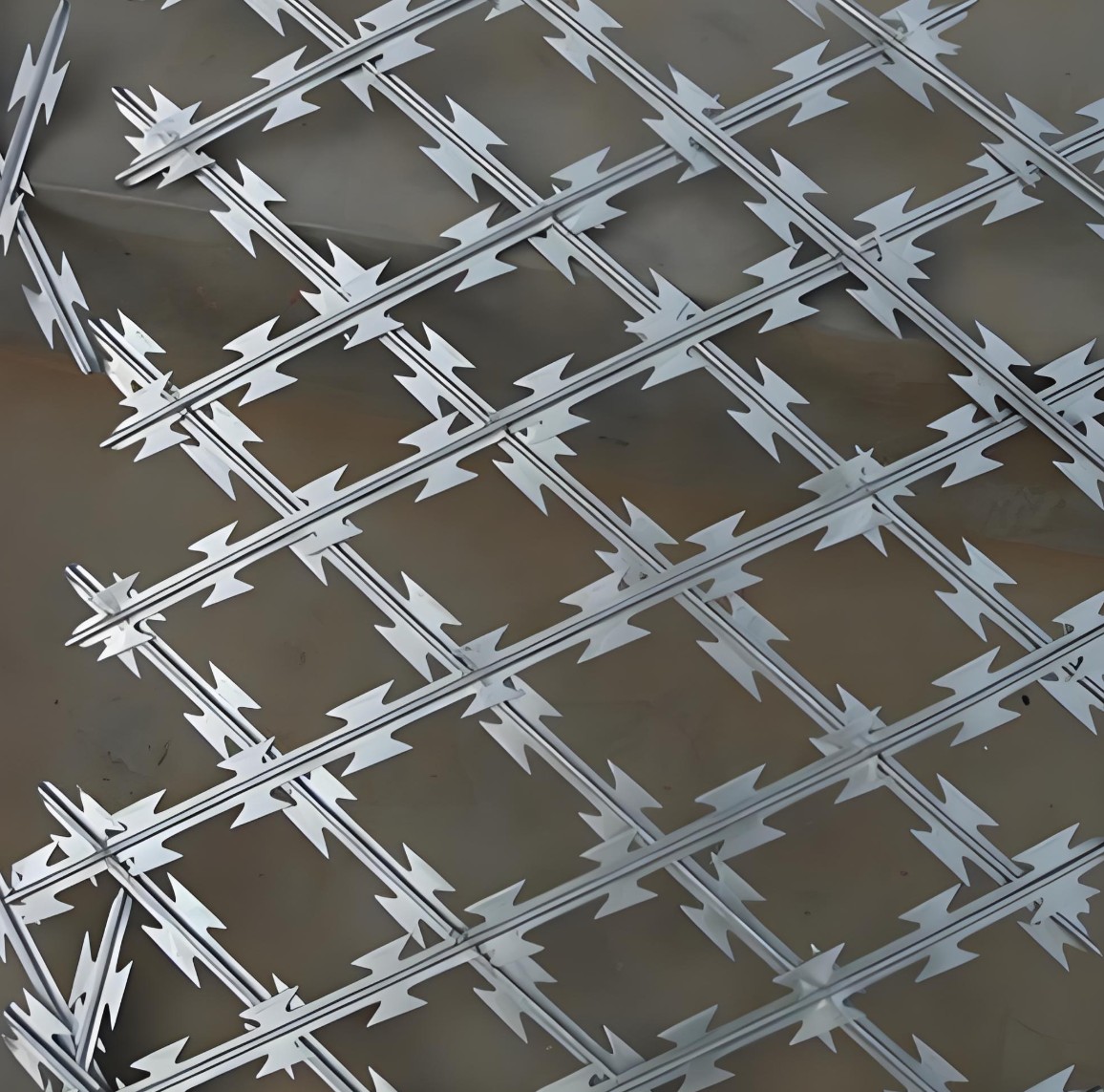 Razor wire
Razor wire 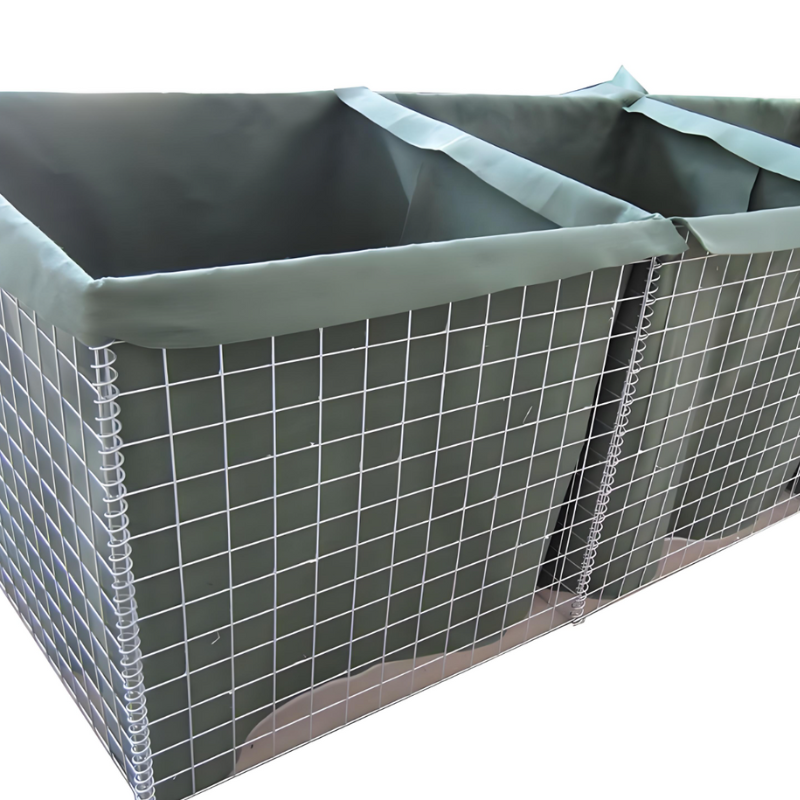 Defensive barrier
Defensive barrier  Putanka wire
Putanka wire  metal fence
metal fence 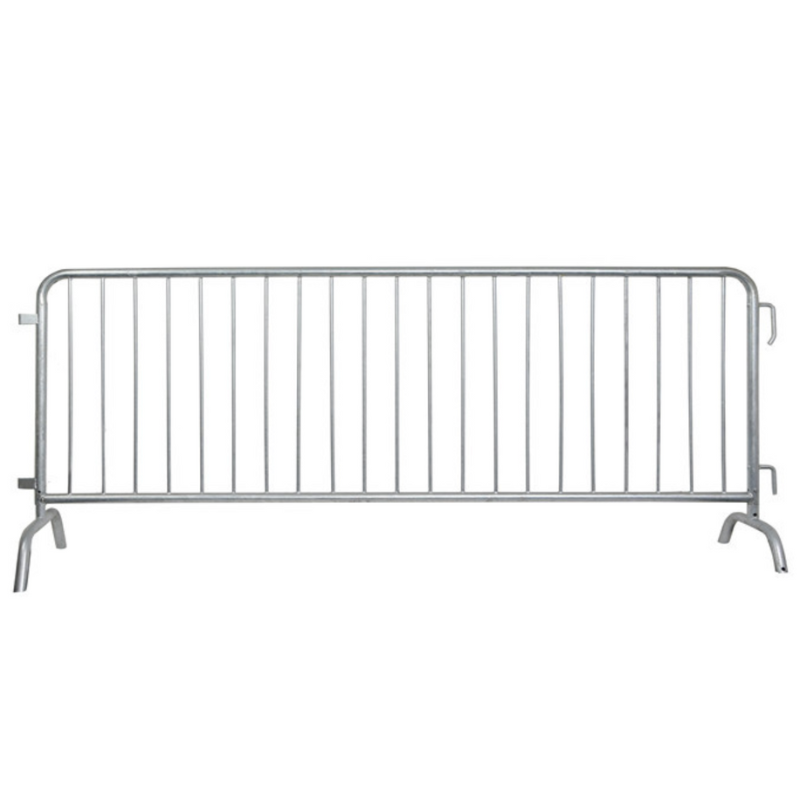 Temporary fence
Temporary fence 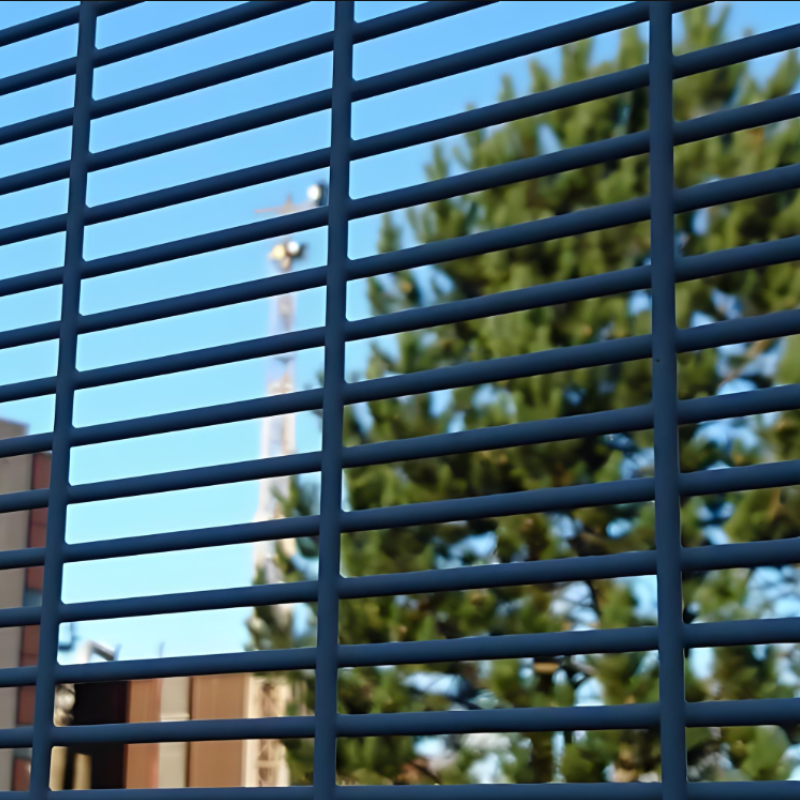 Security fence
Security fence 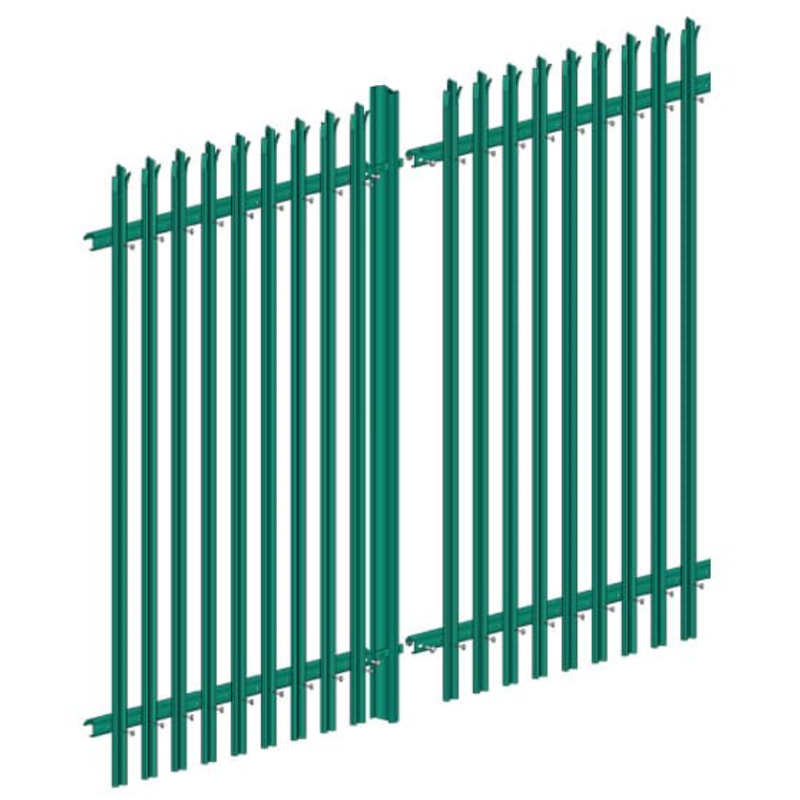 Palisade tence
Palisade tence 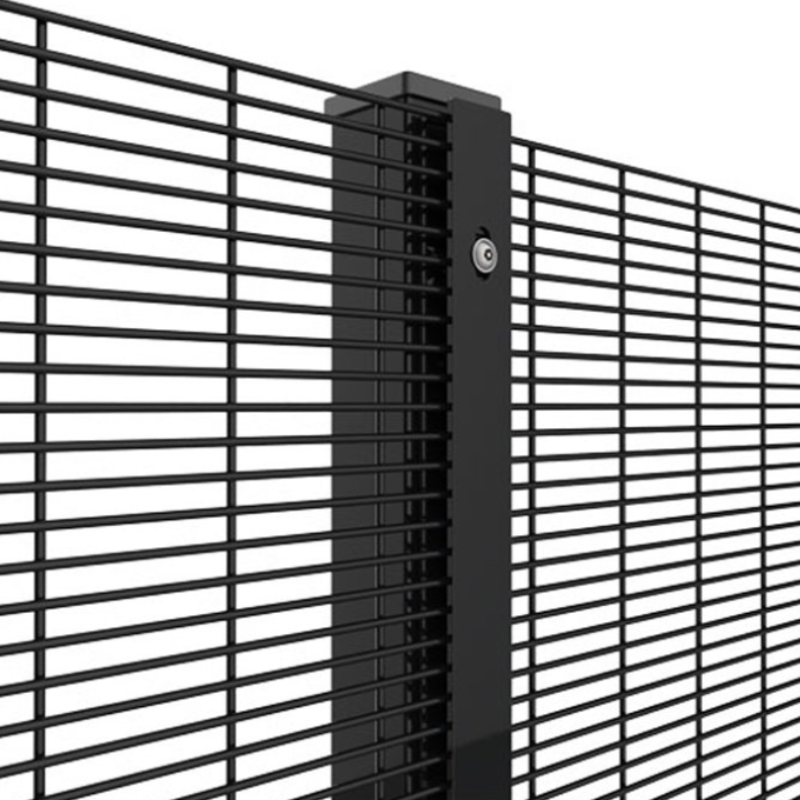 Anti climb fence
Anti climb fence 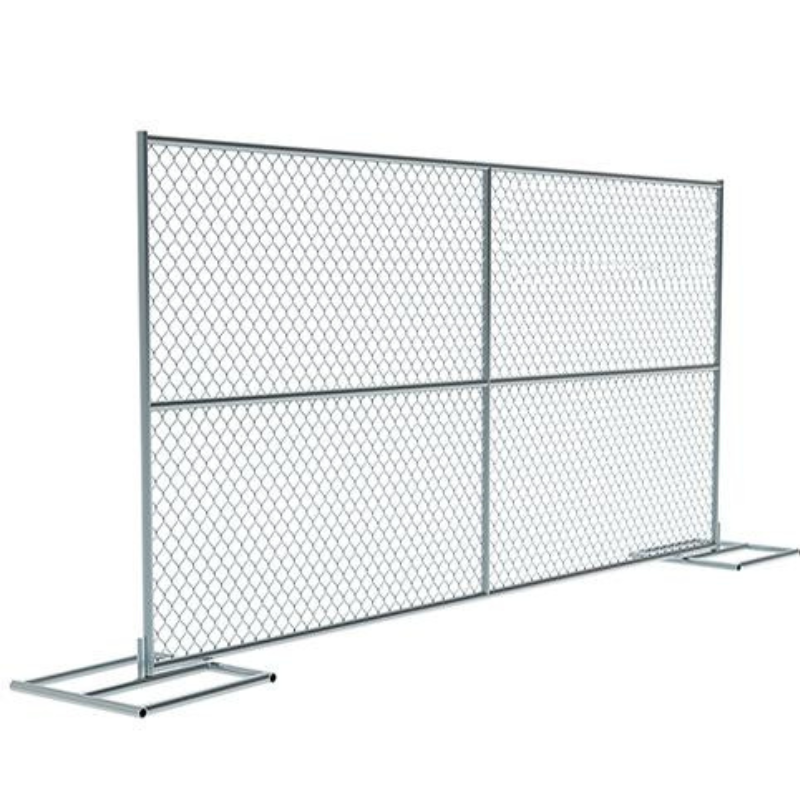 Chain link fence
Chain link fence  Aluminum fence
Aluminum fence 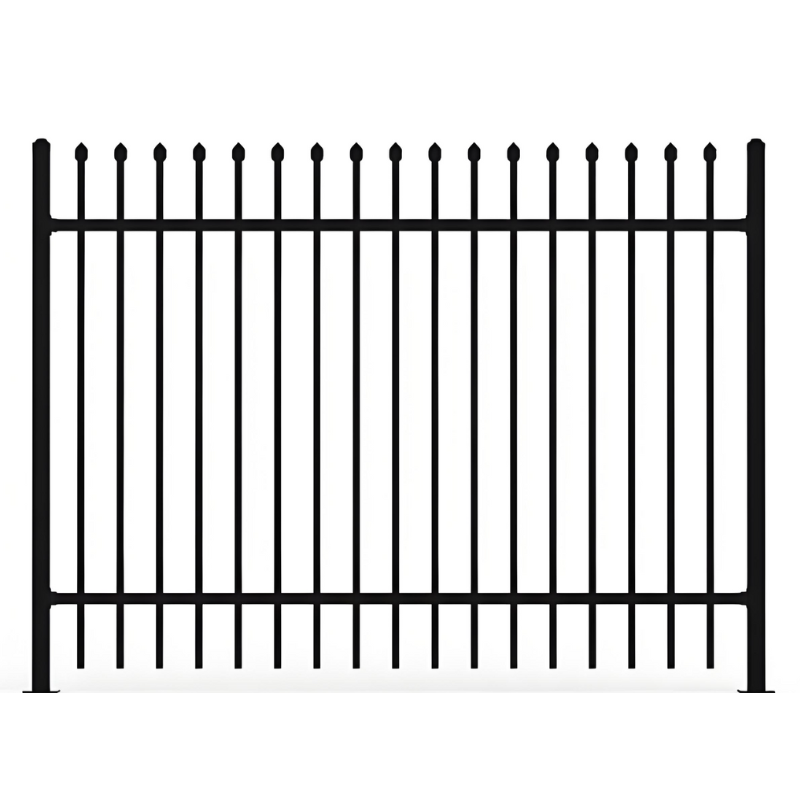 Ornamental fence-12
Ornamental fence-12 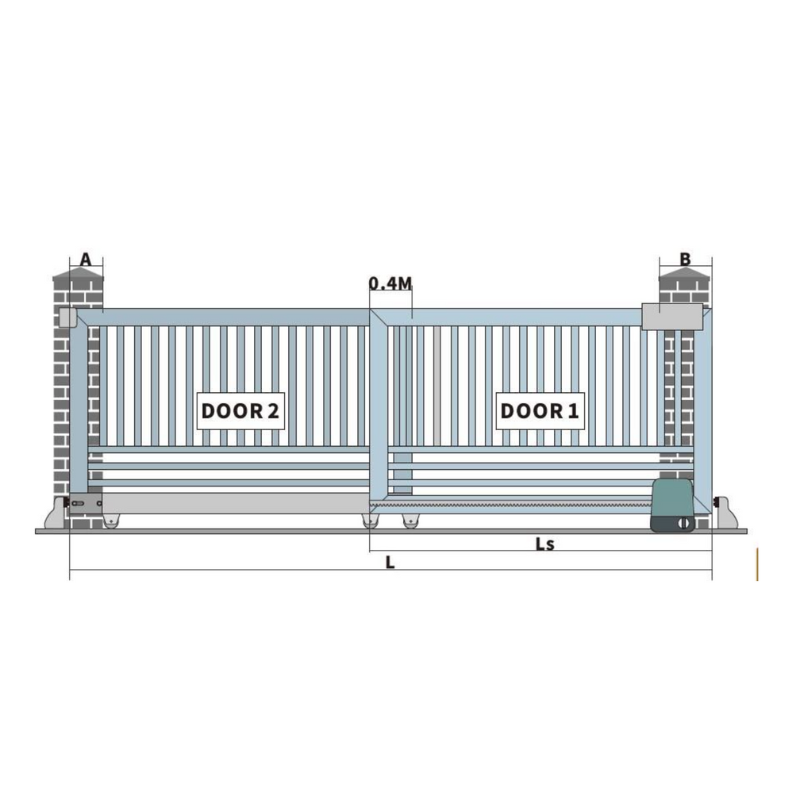 Metal fence gate
Metal fence gate 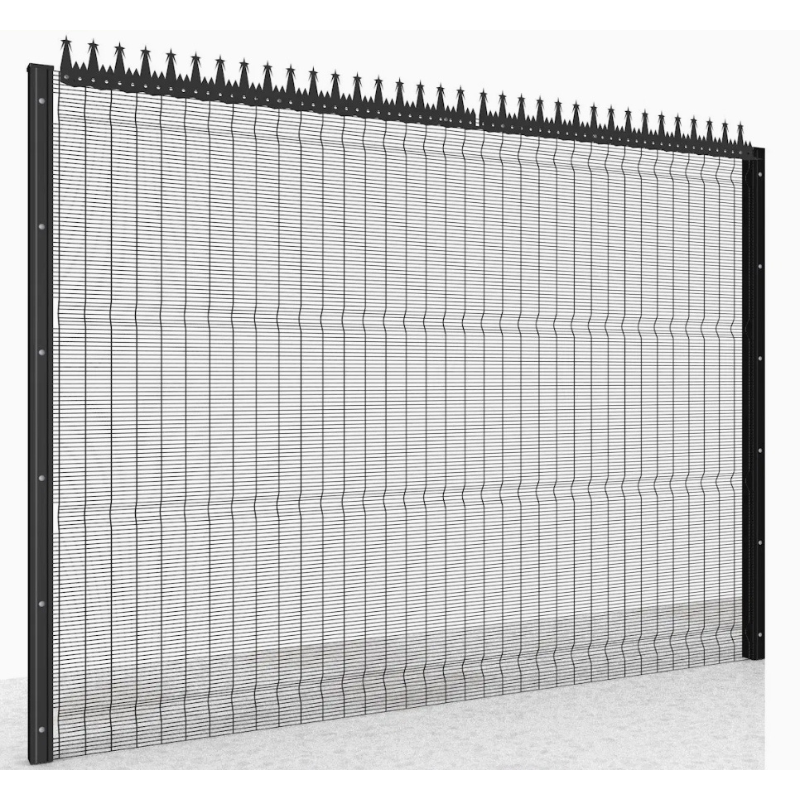 Fence spikes
Fence spikes 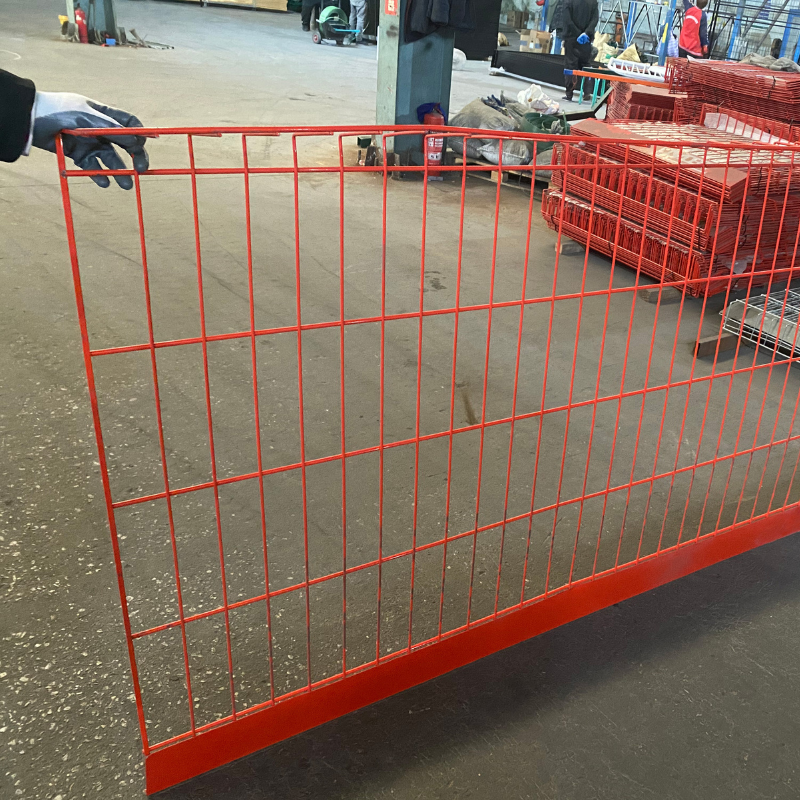 Edge protection barriers
Edge protection barriers 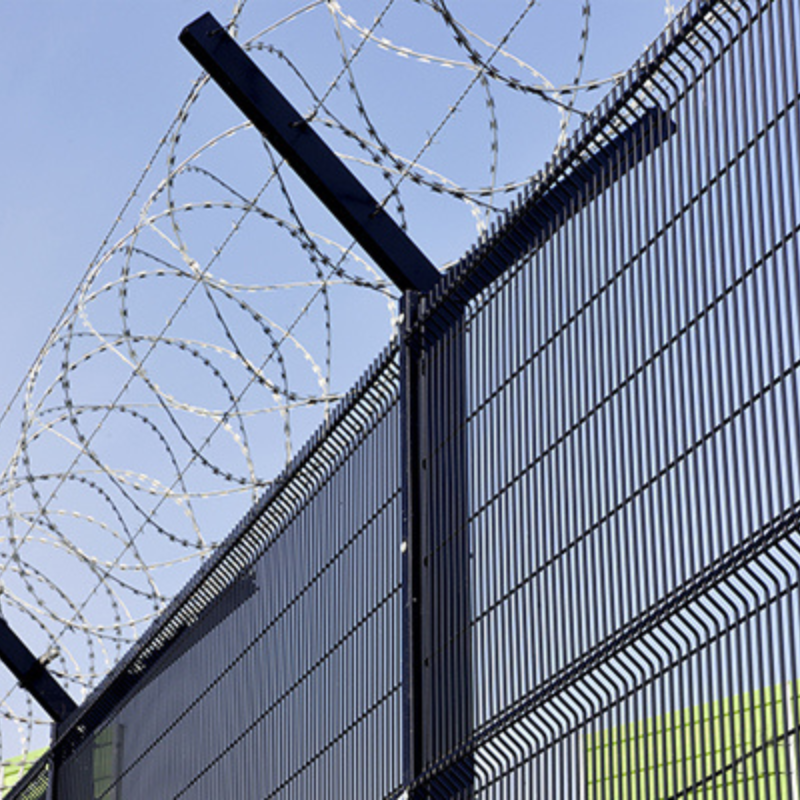 Airport Perimeter Fencing
Airport Perimeter Fencing 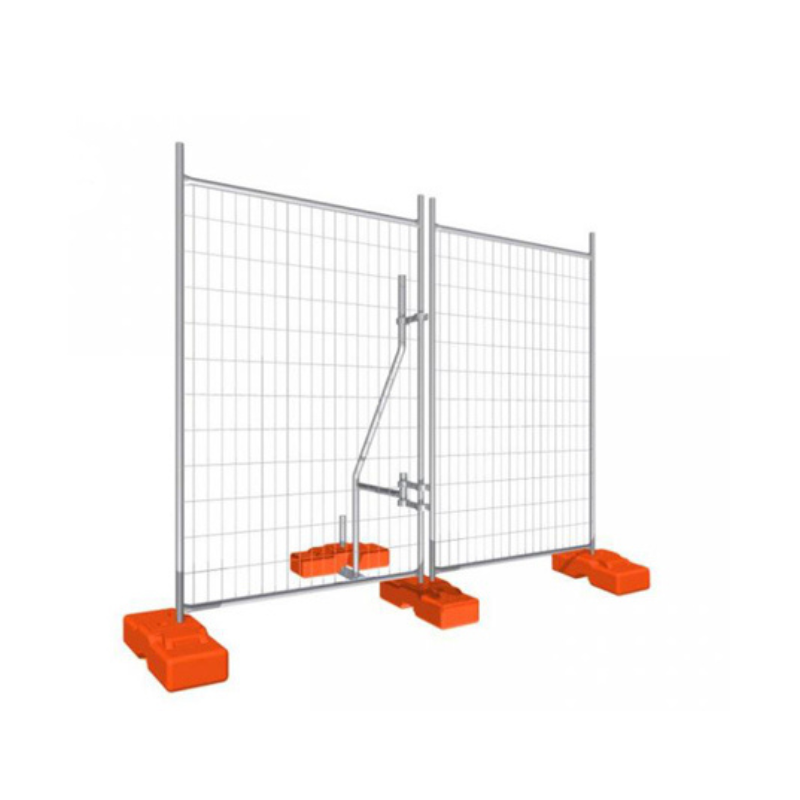 Temporary Fence System
Temporary Fence System  Barbed Wire Fencing
Barbed Wire Fencing 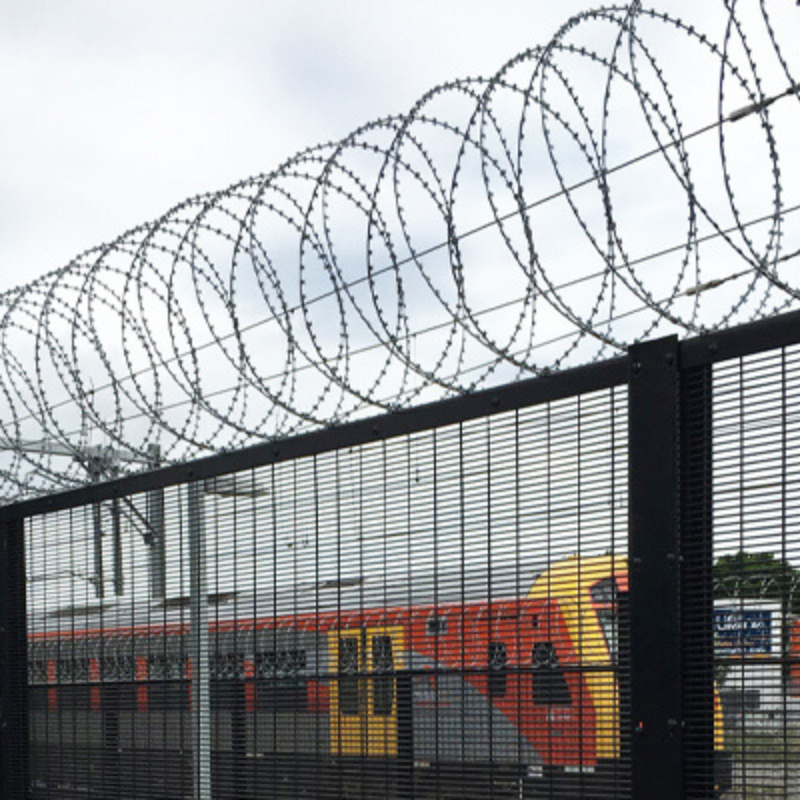 Prison Security Fencing
Prison Security Fencing 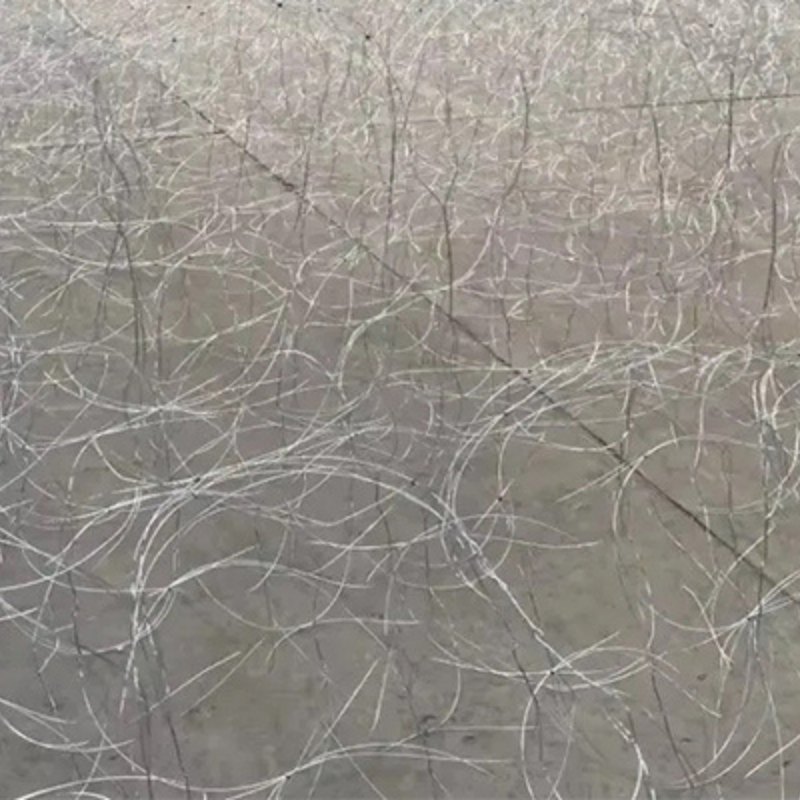 MZP Putanka Wire
MZP Putanka Wire  Rapid Deployment Barrier System
Rapid Deployment Barrier System 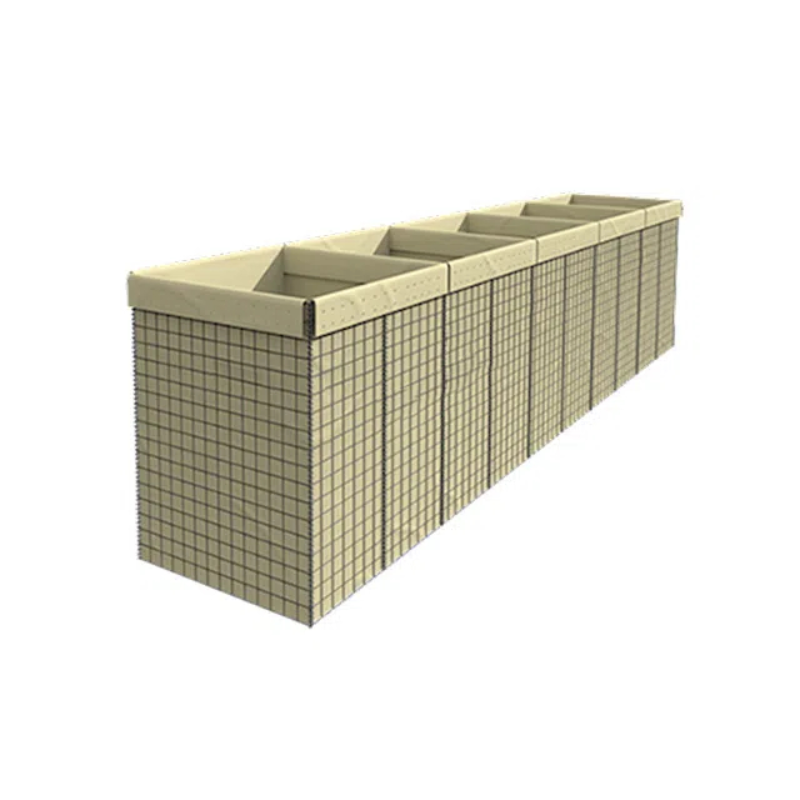 Military Defensive Solution
Military Defensive Solution 

